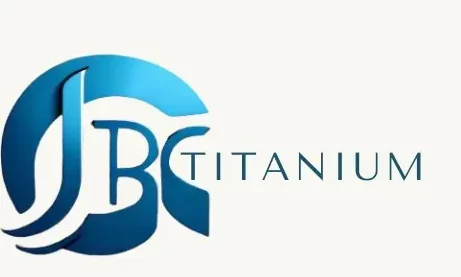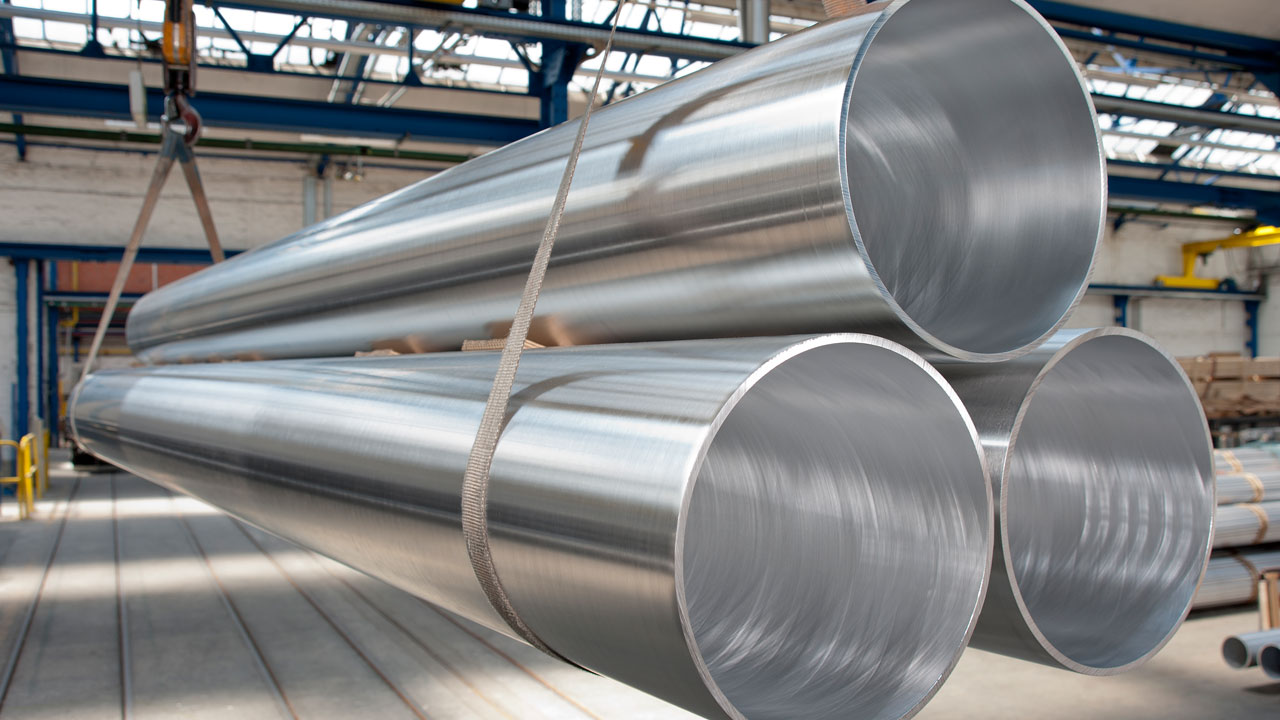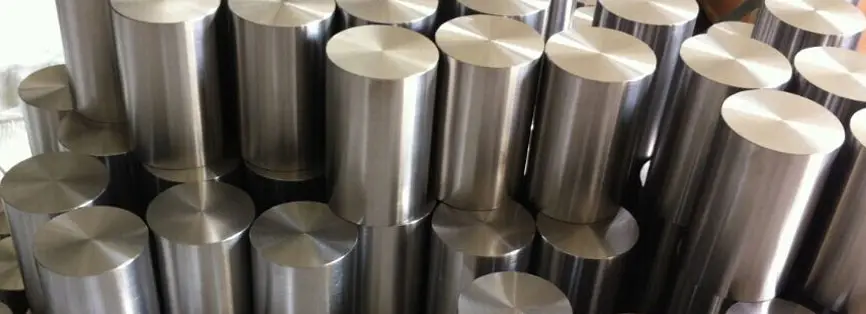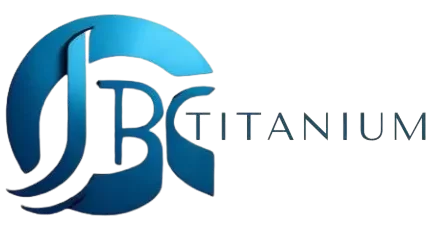Metals composed of titanium and additional chemical components are known as titanium tubes. Commercially, pure titanium rectangular rectangular tubes are among the most often used varieties of unalloyed titanium. Airframe parts, cryogenic tanks, heat exchangers, CPI equipment, condenser tubing, and pickling baskets are just a few of the uses for titanium seamless tubes.
Whether the tubes are sent separately (large diameter titanium tubing) or in packages (small diameter titanium tubing) influences the way the titanium welded tubes are packaged. Metal strips or wires are used to connect a titanium round tube in a transverse direction when it is grouped collectively. To prevent damage from being caused by individual tubes rubbing against one another, it is essential that the strapping be very tight.
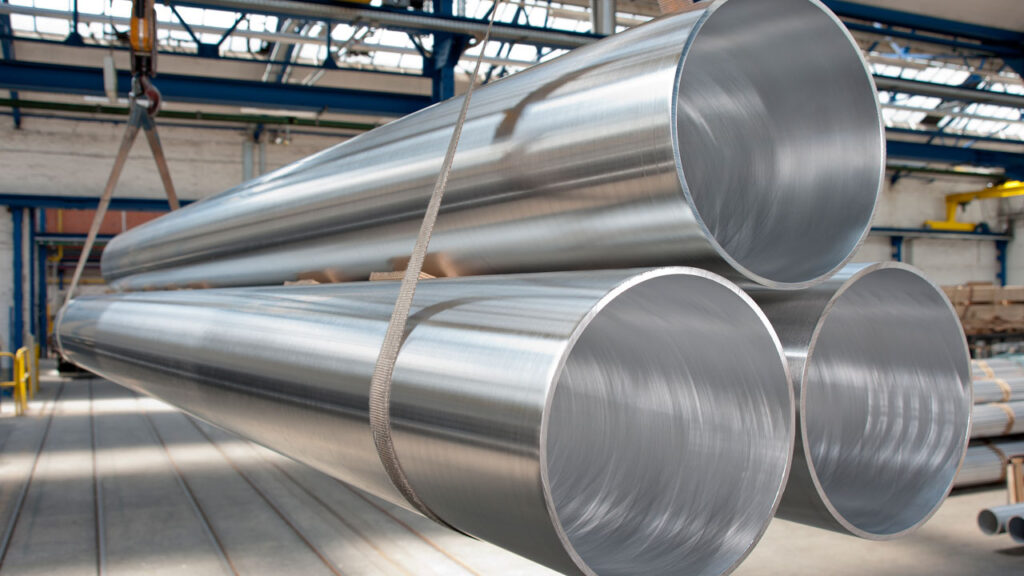
Numerous benefits come with bending titanium tubing, such as its high strength-to-weight ratio, low density, strong construction, resistance to rust and corrosion, longevity, low thermal expansion, shock resistance, high resilience to pipe bending, non-toxicity and biocompatibility, non-magnetic, and so forth. Examples of titanium pipe are ASTM B338 Titanium Square Tubing, ASTM B338 Titanium ERW Tube, and ASTM B338 Titanium Alloy Round Tube.
For titanium electropolish tubes, refer to ASTM B338. Additionally, 28 grades of seamless and titanium alloy welded tubing are covered by this standard. Indian producers of titanium tubes adhere to the ASTM B338 standard while producing heat exchangers, evaporators, and surface condensers. ASTM B338 titanium coil tubing is crucial for the maintenance of water wells, disposal caverns, exploration wells, injection wells, geothermal wells, and oil and natural gas industrial wells
.
JBC Titanium is a leading supplier and exporter of titanium pipes and tubes in India. For more details and commercial inquiries, please contact us at info@jbctitanium.com.
